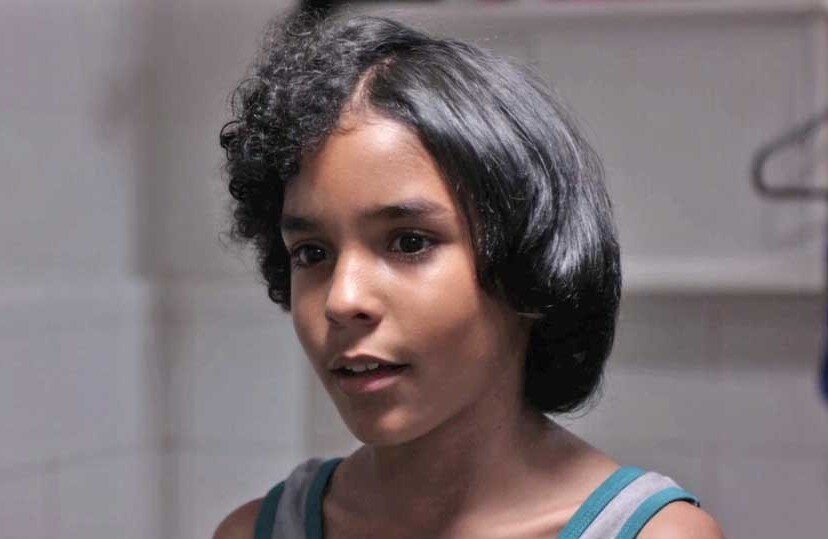My First Event at the Schomburg – “Resisting Limitations: AfroLatinos and Radical Identity”Posted in Anthropology, Arts, Caribbean/Latin America, Latino Studies, Live Events, Media Archive, United States on 2015-10-09 15:15Z by Steven |
My First Event at the Schomburg – “Resisting Limitations: AfroLatinos and Radical Identity”
the colored boy
2015-10-01
So, I’m doing a thing at the Schomburg Center For Research In Black Culture for Hispanic Heritage Month. But unlike the majority of the celebrations, lists of notable Latinos and mainstream media representations of people in and from Latin America, this will be a thoroughly Blackety Black affair.
Shoutout to melanin.
Here’s the what/why/who/when/how:
The history of America cannot be appropriately surveyed without considering the presence, influence, hardships, victories and contributions of people of African descent. Our bodies, our lives and our genius reflect and inspire greatness, yet textbooks, media depictions and cultural celebrations routinely minimize and erase our integral role in both society and art.
To commemorate National Hispanic Heritage Month, AfroPanamanian writer and educator Alexander Hardy of TheColoredBoy.com has invited a diverse cast of AfroLatino storytellers to share stories of struggles, tragedies and progress towards/while affirming, celebrating, exploring, representing and growing to love and accept our wonderful Black and Brown selves in a world (and media environment) that studies and exploits our cultures and essence while ignoring and minimizing our presence and influence.
Resisting Limitation: AfroLatin@s and Radical Identities will showcase transformative, hilarious, tragic and insight-filled tales from powerful voices of the diaspora expressed through prose, poetry, song and art. This event aims to center and share Black and Brown narratives in a climate where such stories aren’t prominent or valued. Join us for a night of celebration, affirmation and exploration of the many iterations of AfroLatin@ identity and pride…
For more information, click here. To purchase tickets, click here.

